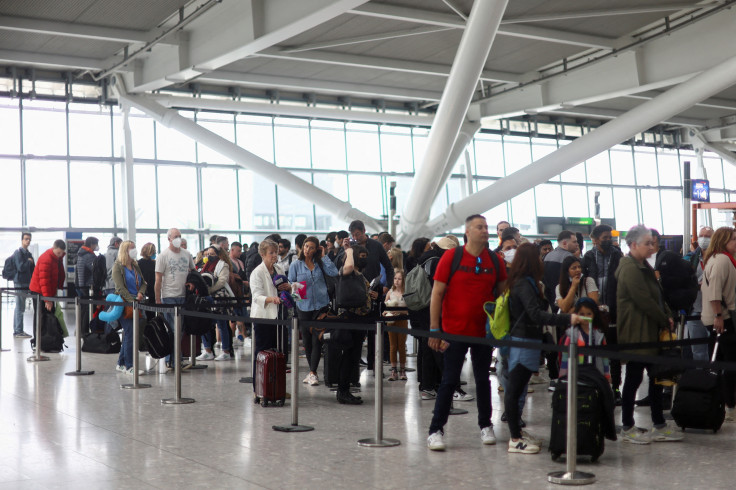UK Travellers To Face Massive Delays At EU Borders From October 2024; Here's Why
The new rules in the EU have already been postponed several times

The European Union's new entry rules are set to come into place in October 2024, which could lead to longer waiting times for UK travellers at borders.
The new EU Entry/Exit System (EES) will replace the stamping of passports and is being introduced across all countries within the European Union (EU). The much-delayed EES scheme is due to start on Oct. 6 next year, as per a report in The Independent.
The EES was initially due to come in place earlier this year, but it has been postponed several times. The new system will check each passenger's name, biometric data and the place of entry and exit.
The official website of the EU described the new system as: "EES will be an automated IT system for registering travellers from third-countries, both short-stay visa holders and visa exempt travellers, each time they cross an EU external border."
The EU also said that "the main advantage of the EES is saving time" before adding that since the "EES automates border control procedures, it will make travelling to European countries more efficient for the traveller".
As per the new rules, travellers from the UK will need to submit fingerprints and facial biometrics before they travel to Europe.
It has also been reported that member states will have to confirm by the end of August 2024 that they are ready for the launch of the EES.
Some nations have previously raised concerns about how much time it will add to queues at EU borders. The Slovenian government has said that it takes "up to four times longer" to do the new process, according to their test runs.
Austria has said that processing times would at least "double compared to the current situation" while Croatia said that border checks would "certainly be significantly longer".
It is understood that France has asked that the introduction of EES be postponed until after the 2024 Paris Olympics in July and August. This is to avoid possible delays when tourism will be at its peak with a lot of pressure on facilities.
The EES will apply for arrivals to all EU countries except Cyprus and Ireland. The new system is also being adopted by Norway, Iceland, Switzerland and Liechtenstein.
Once the scheme is underway, the next step required of British travellers to Europe will be to acquire an online permit, known as Etias. This is expected to be introduced around six months after the EES is in place – with an additional six months' grace period allowed for travellers. The fee for the ETIAS travel pass is £6 (€7).
© Copyright IBTimes 2025. All rights reserved.






















